With its unique climate, vast landscape and being surrounded by pounding ocean, Australia has enormous potential to be powered by renewable energy. Despite COVID-19 disruption, 2020 has seen a wide range of energy solutions explored and progressed; these different ways of sourcing energy can create job opportunities and provide government, businesses and consumers with sustainable options to power the country’s next steps in recovering from COVID-19.
Sustainable alternatives for Australian households and industries must inspire the confidence of researchers, developers and investors, and Standards Australia continues to support the implementation and use of these different energy sources for the benefit of Australian communities.
Tapping into hydrogen’s potential
Standards Australia works with stakeholders across the industry to identify future opportunities and support growing areas of interest. Hydrogen is gaining momentum across the globe and making tracks in the Australian market.
Most recently, a new hydrogen plant north of Perth in Western Australia was given the green light to begin construction. The project, backed by a $300 million investment from the Federal Government, will become Australia’s largest hydrogen production facility.
Standards are an important tool to support the successful implementation and use of hydrogen, and as such Standards Australia has taken the first step in guiding the sector with the recent publication of eight international standards on hydrogen technologies.
The committee of industry experts responsible for the publications prioritised the adoption of existing international guidance to include:
- AS ISO 16111:2020 Transportable gas storage devices – Hydrogen absorbed in reversible metal hydride
- AS ISO 19881:2020 Gaseous hydrogen – Land vehicle fuel containers
- AS 19880.3:2020 Gaseous hydrogen – Fuelling stations, Part 3: Valves (ISO 19880-3:2018, MOD)
- ISO 14687:2019 Hydrogen fuel quality- Product specification
- ISO 19883:2017 Safety of Pressure Swing Adsorption Systems for Hydrogen Separation and Purification
- ISO 22734:2019 Hydrogen generators using Water electrolysis – Industrial, commercial and residential applications
- ISO 16110-1:2007 Hydrogen Generators using Fuel Processing Technologies – Part 1: Safety
- ISO 16110-2:2010 Hydrogen Generators using Fuel Processing Technologies – Part 2: Test Methods for Performance
These publications aim to assist the hydrogen sector across critical areas such as fuelling, transport and safety.
Making waves in the energy sector
Like hydrogen, ocean energy is another viable renewable option with the potential to assist in decarbonising Australia.
The natural movement of water within oceans creates a never-ending resource from which energy can be extracted and transformed into electricity and used for other purposes, such as hydrogen production and water desalination.
To assist in bringing ocean energy into the country’s reliable renewable mix, Standards Australia has joined the international conversation, taking part in the Marine Energy Standards Mirror Committee, IEC-TC114: EL-006 Marine Energy – wave, tidal and other water current converters.
The new mirror committee creates an opportunity for Australia to engage in international discussions on ocean energy standardisation. Importantly, through this committee, Standards Australia can help shape a wide range of areas, including management plans for technology and project development and performance measurements of marine energy converters.
Growth in our grids
Last year more than 22,000 small-scale batteries were installed across Australia. To support the growing market, Standards Australia published AS/NZS 5139:2019, Electrical installations – Safety of battery systems for use with power conversion equipment.
The standard developed for manufacturers, system integrators, designers and installers of battery energy storage systems, aims to fill a gap in safety guidance for the battery storage sector and provide confidence to consumers in the installation of these batteries.
A first for battery storage, this standard opens the door to opportunities for future refinements as the industry evolves.
Standards Australia is committed to supporting the industry as it explores alternatives to traditional energy sources and looks forward to ongoing engagement as the sector expands for the benefit of all Australians.

Image: Standards Australia
The views and opinions expressed in this article are the author’s own, and do not necessarily reflect those held by pv magazine.
This content is protected by copyright and may not be reused. If you want to cooperate with us and would like to reuse some of our content, please contact: editors@pv-magazine.com.
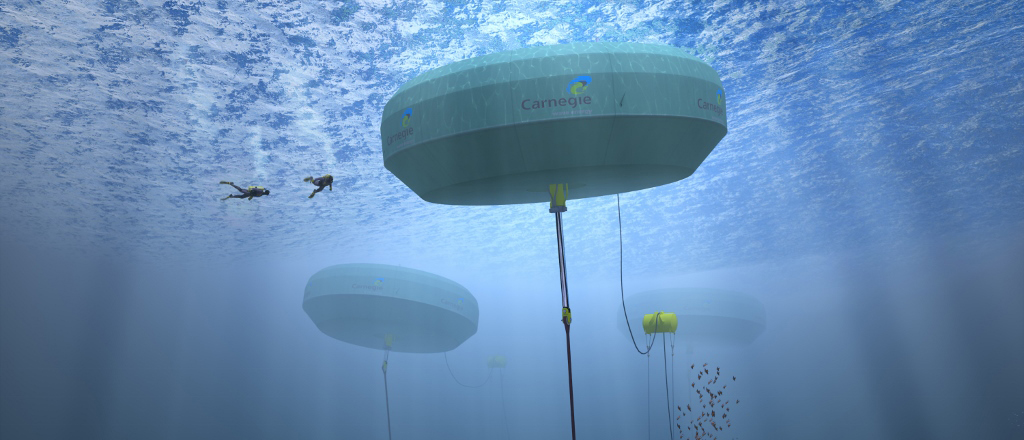

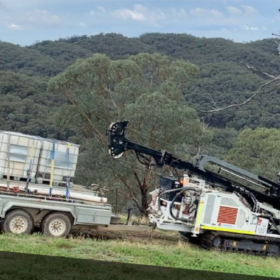
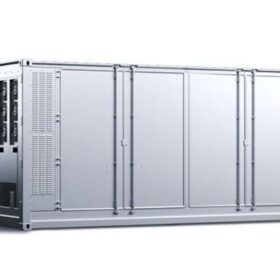
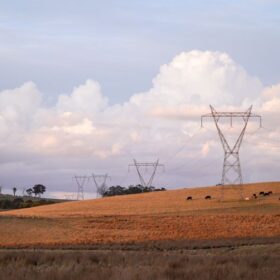
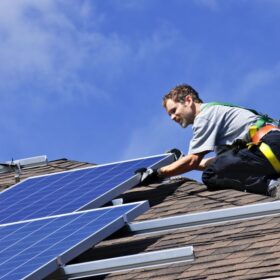
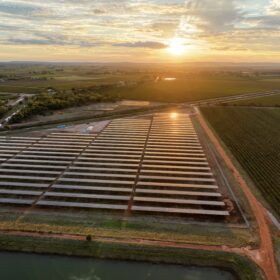
By submitting this form you agree to pv magazine using your data for the purposes of publishing your comment.
Your personal data will only be disclosed or otherwise transmitted to third parties for the purposes of spam filtering or if this is necessary for technical maintenance of the website. Any other transfer to third parties will not take place unless this is justified on the basis of applicable data protection regulations or if pv magazine is legally obliged to do so.
You may revoke this consent at any time with effect for the future, in which case your personal data will be deleted immediately. Otherwise, your data will be deleted if pv magazine has processed your request or the purpose of data storage is fulfilled.
Further information on data privacy can be found in our Data Protection Policy.